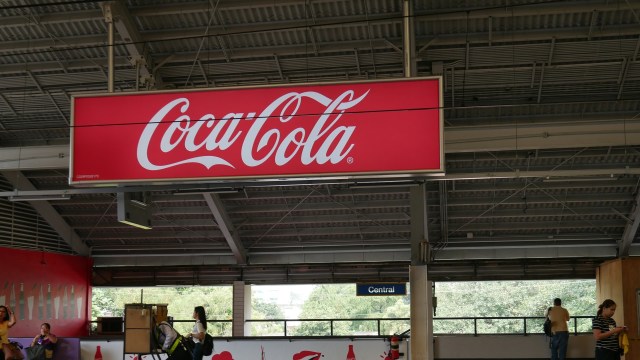The Rise of Single-Use Plastic and Corporate Influence
Single-use plastic has become an integral part of modern life, found in everything from water bottles and snack wrappers to personal care products and cleaning supplies. However, a recent exposé by journalist Saabira Chaudhuri reveals that this widespread use was not just a result of convenience or innovation, but rather a deliberate strategy by major corporations to shape consumer behavior and avoid responsibility.
In her book “Consumed: How Big Brands Got Us Hooked On Plastic,” Chaudhuri uncovers how multinational companies such as Coca-Cola, Unilever, and Procter & Gamble played a significant role in promoting the global reliance on plastic packaging. These companies not only encouraged disposable habits but also spread misleading information about recycling, despite knowing that only a small percentage of plastic is actually recycled.
Chaudhuri’s research highlights specific examples, including the proliferation of single-use shampoo sachets in Asia and the use of deceptive eco-labels in the West. According to reports, these tactics were designed to create a false sense of environmental responsibility while maintaining high profit margins.
The Issue of Greenwashing
One of the most pressing concerns surrounding corporate actions is greenwashing—when companies present themselves as environmentally friendly through public-facing sustainability campaigns that often lack real impact. This practice allows corporations to avoid stricter regulations while continuing to produce large amounts of plastic waste.
A 2023 audit by the Break Free From Plastic organization named Coca-Cola as the world’s worst plastic polluter for the sixth consecutive year. The report noted that Coca-Cola was responsible for over 33,800 pieces of plastic waste collected across 40 countries. According to a 2019 Forbes report, the company produces approximately three million tons of plastic annually, much of which ends up in landfills, waterways, or oceans.
This plastic does not simply disappear; it degrades into microplastics, which have been detected in drinking water, human blood, and even placentas. A 2024 study published in the journal Environment International classified microplastics as a global health concern, linking them to potential issues such as hormonal disruption, inflammation, and organ damage.
Can Companies Be Held Responsible?
The question of whether companies should be required to help recycle their own products remains a topic of debate. Some argue that they should, while others believe it is not their responsibility. Others suggest that the approach depends on the product in question, with some advocating for tax breaks instead of mandatory recycling programs.
Interestingly, reducing plastic use can also lead to financial savings for consumers. By making more sustainable choices, individuals can lower their expenses while contributing to environmental protection.
Efforts to Address Plastic Waste
Some progress is being made in addressing corporate plastic waste. For example, Liberty Coca-Cola, a regional bottler in the U.S., announced a shift away from plastic rings in multipacks. Additionally, Coca-Cola has committed to collecting and recycling the equivalent of every bottle or can it sells by 2030. However, critics argue that these efforts still place the burden on consumers rather than addressing the root issue of packaging design.
Governments and grassroots organizations are also taking action. In 2022, the United Nations negotiated a global treaty aimed at reducing plastic pollution. Several countries, including India and Kenya, have implemented bans on certain single-use plastics.
Individuals can also play a role by reducing their reliance on plastics, supporting refill and reuse programs, and learning to identify misleading sustainability claims. The challenge extends beyond the plastic itself; it involves dismantling the systems that have driven its widespread use.
Moving Toward a Sustainable Future
The path forward may involve adopting alternative products that do not rely on plastic. By making conscious choices, individuals can contribute to a cleaner and safer environment. Small changes in daily habits can have a significant impact when multiplied across millions of people.
For those interested in staying informed and making a difference, there are numerous resources available. Subscribing to newsletters that share good news and useful tips can provide inspiration and guidance on how to live more sustainably. Exploring lists of easy ways to help both oneself and the planet can also be a valuable starting point.







